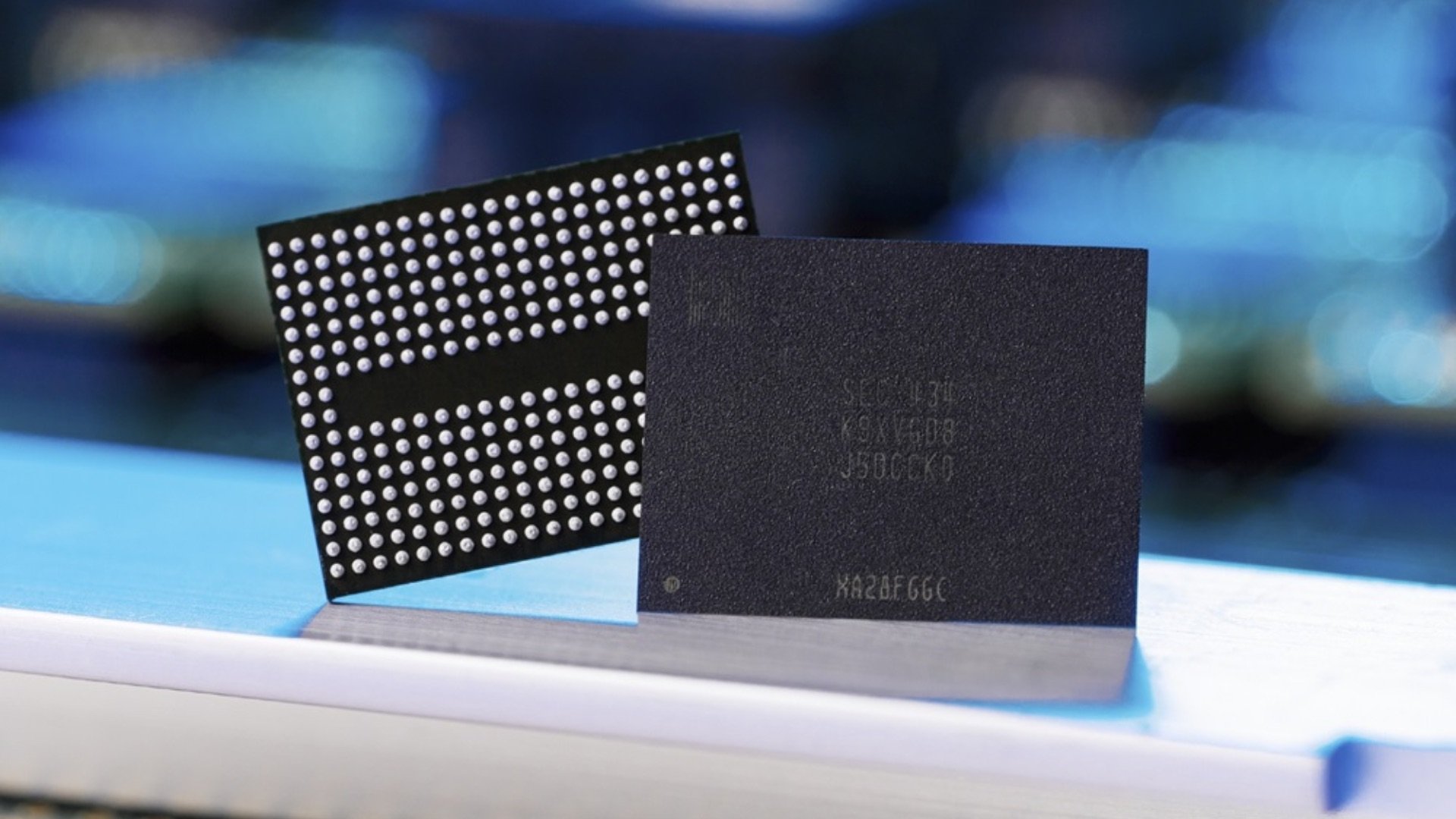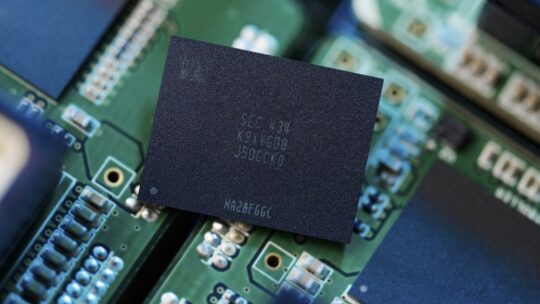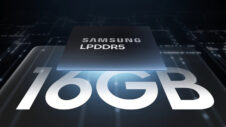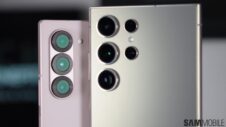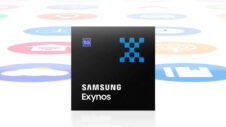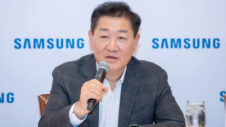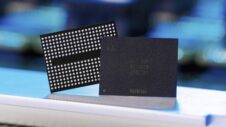Samsung, the world's biggest semiconductor memory chip maker, has announced it has started the mass production of 1Tb quad-level cell (QLC) ninth-generation V-NAND chips.
It is the first company in the world to start the mass production of storage chips using this new technology.
Samsung starts mass production of QLC 9th Gen V-NAND chips
After it made the world's first triple-level cell (TLC) ninth-generation V-NAND chips in April 2024, Samsung has started mass production of QLC ninth-generation V-NAND storage chips. TLC refers to a cell that can record three bits of data, while QLC can store four bits of data.
With this move, Samsung has solidified its leadership in the high-capacity and high-performance storage chip segment.
To make this happen, Samsung introduced several new technologies and processes, including Channel Hole Etching, Design Mold, Low-Power Design, and Predictive Program.
- Channel Hole Etching: This technology is used to stack mold layers and then create a hole (channel hole) through which electrons move at once. This double-stacked structure brings higher storage density. It has 86% higher bit density compared to previous-generation QLC technology.
- Design Mold: It controls the spacing of Word Line (WL: wiring that controls a transistor's on and off states) that operates cells and laminates them to optimize and uniform cells. It increases reliability by increasing data retention by 20%.
- Predictive Program: It predicts the change in a cell's state and minimizes unnecessary cell operations. Using this technology, Samsung has minimized power usage during reading and writing data by 30% and 50%, respectively.
Samsung plans to use these QLC V-NAND flash chips to make consumer and server SSDs and UFS storage for mobile devices in the future.
SungHoi Hur, Executive Vice President and Head of Flash Product & Technology at Samsung Electronics, said, “Kicking off the successful mass production of QLC 9th-generation V-NAND just four months after the TLC version allows us to offer a full lineup of advanced SSD solutions that address the needs for the AI era. As the enterprise SSD market shows rapid growth with stronger demand for AI applications, we will continue to solidify our leadership in the segment through our QLC and TLC 9th-generation V-NAND.“
